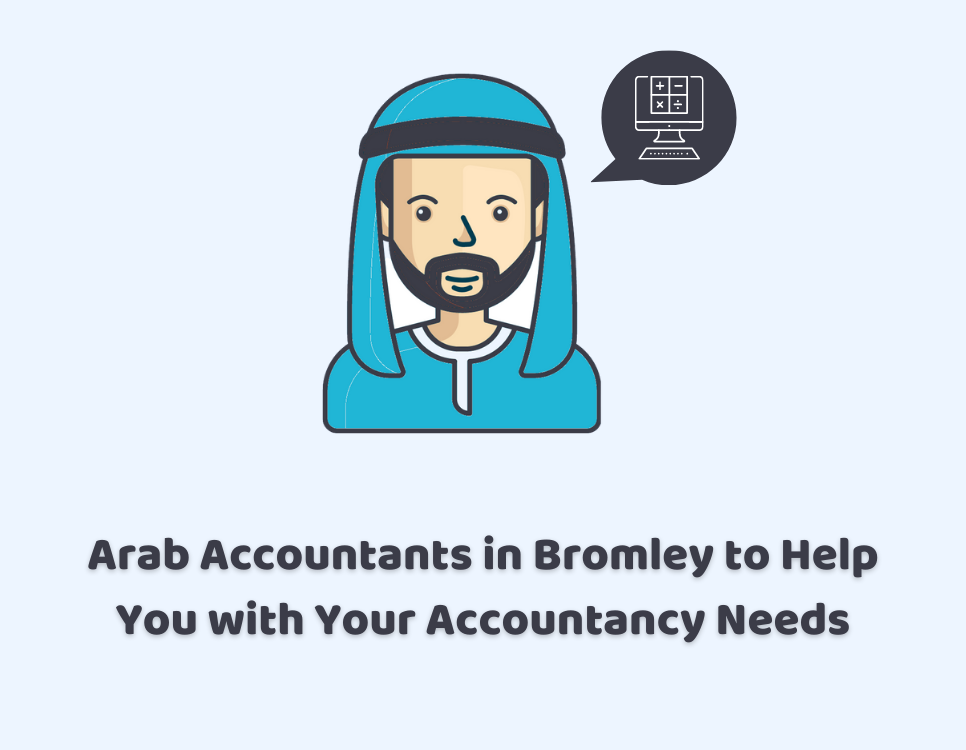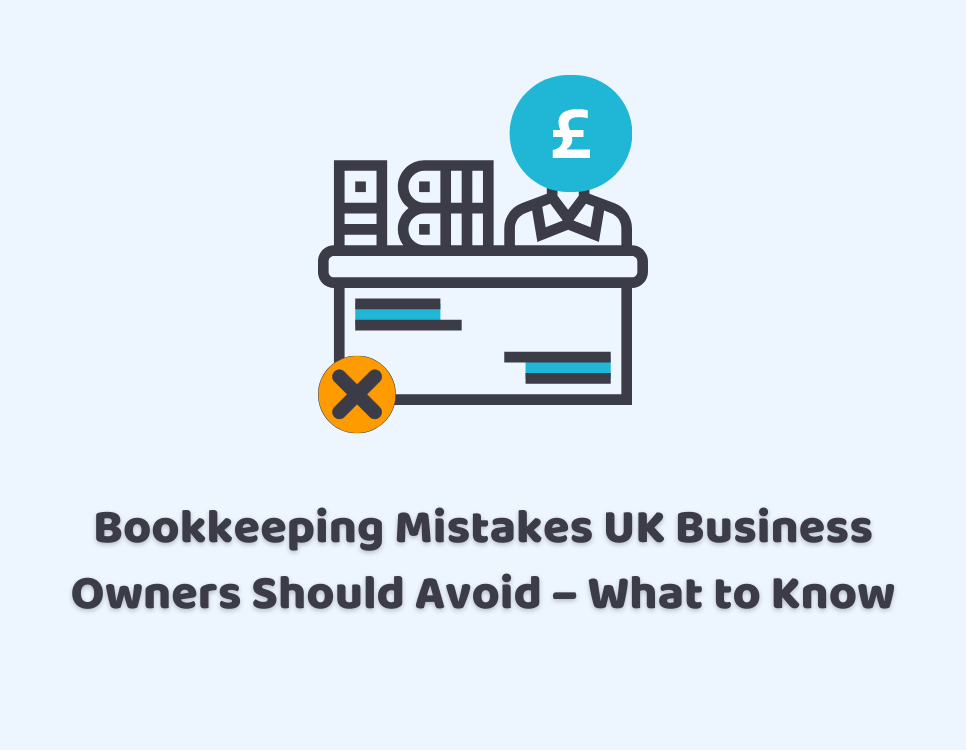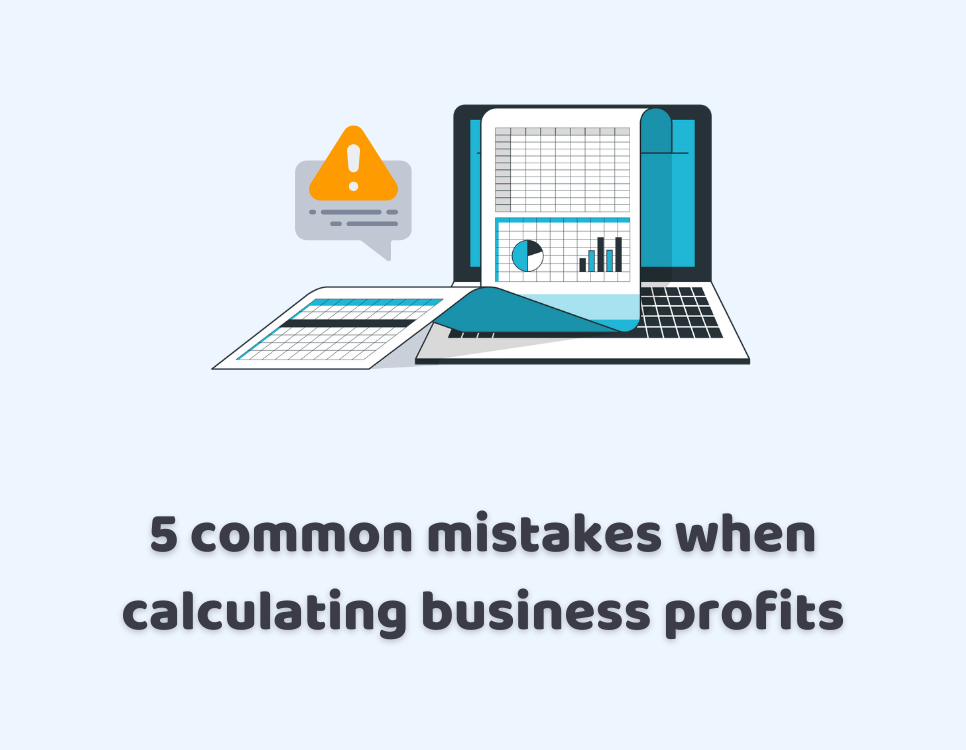19/05/2020Accountants , Accounting Issues
London is an incredibly diverse city, and the people who reside in this great city come from different parts of the world, and with them, they bring a multicultural feel to London. We at CruseBurke understand this phenomenon and to cater to our clients efficiently we have employed accountants who are multi-lingual. This is the …
Read more




